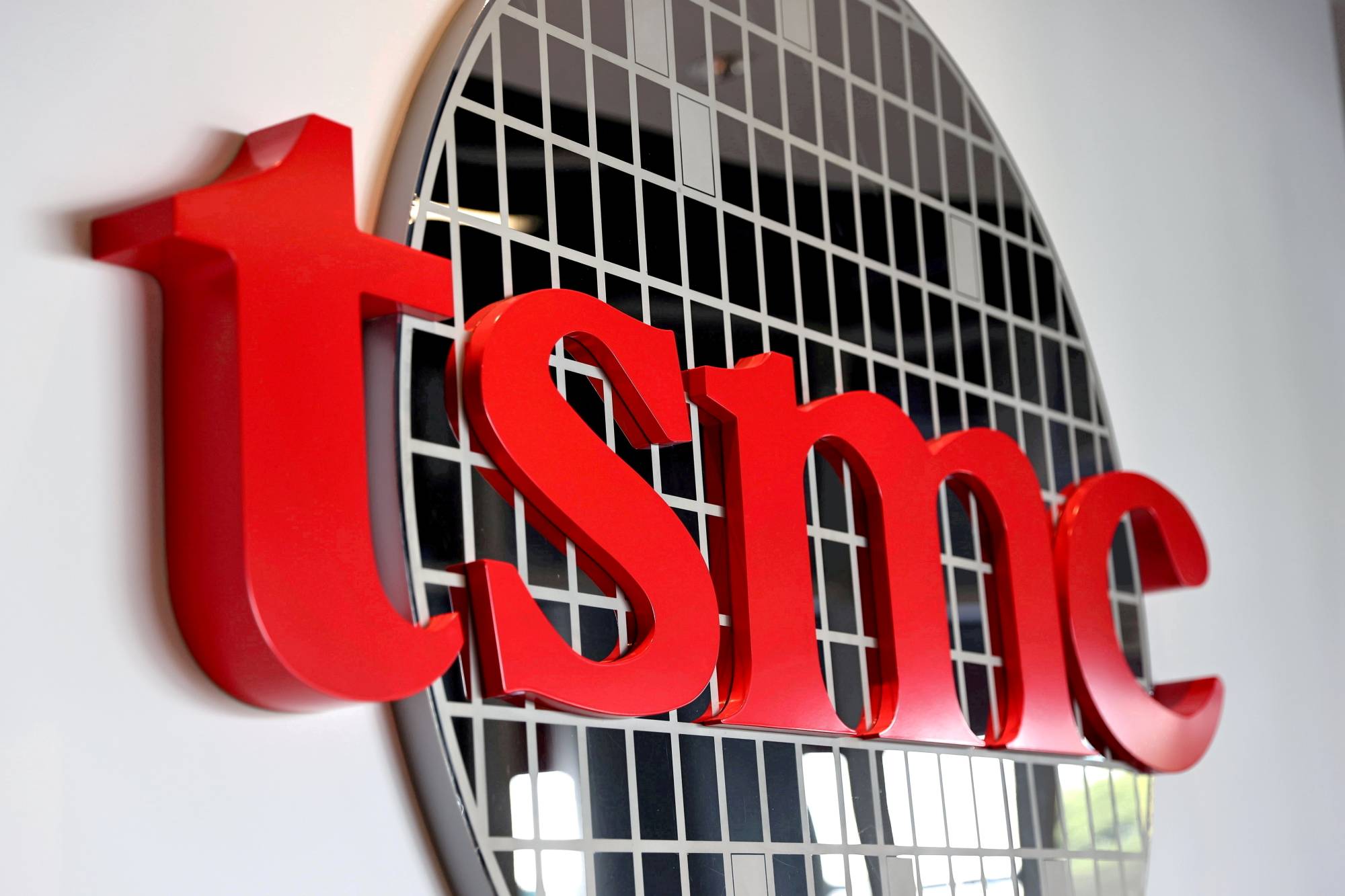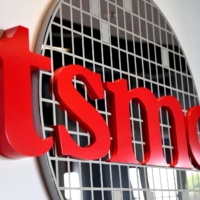The government said it will make an aggressive push to help domestic semiconductor companies expand globally, with a goal of increasing their annual revenue to more than ¥13 trillion ($114 billion) by 2030.
The ambitious goal, roughly three times 2020’s total of ¥4.5 billion, was presented to a group of industry experts summoned by the Ministry of Economy, Trade and Industry (METI) at a meeting to map out the national strategy in semiconductors and digital transformation. METI plans to use input from such regular meetings to determine budgets and legislative proposals in next spring’s Diet session.
Japanese officials expect the global chip market will double to ¥100 trillion by 2030 relative to 2020 due to the expanding adoption of technologies like 5G wireless networking and autonomous driving.
Each of those applications drastically increases the demand for silicon, and chronic shortages of production capacity over recent months have prompted chipmakers all around the world to spend heavily on expansion.
Taiwan Semiconductor Manufacturing Co. and Sony Group Corp. this month announced plans to build a new chip factory in Kumamoto Prefecture, with METI’s support. The government has expressed its desire to see more such initiatives and economy minister Koichi Hagiuda has said it will work with local industries and materials suppliers to "install a broad environment for semiconductor chips.”
Joining METI’s Hagiuda at the most recent meeting were SoftBank Corp. Chief Executive Officer Junichi Miyakawa and Kioxia Holdings Corp. CEO Nobuo Hayasaka. The executives reiterated the need for the government’s continued support for the industry to keep pace with overseas competition.



















With your current subscription plan you can comment on stories. However, before writing your first comment, please create a display name in the Profile section of your subscriber account page.